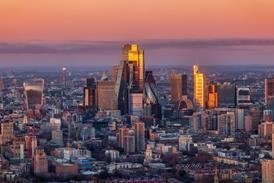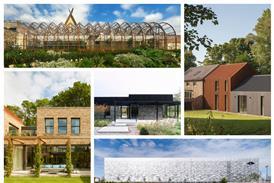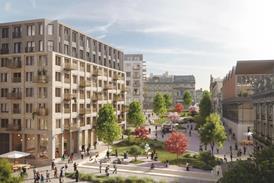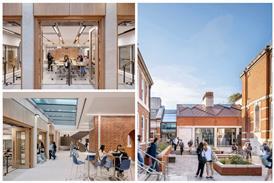- Home
- Intelligence for Architects
- Subscribe
- Jobs
- Events

Events calendar Explore now 
Keep up to date
Find out more
- Programmes
- CPD
- More from navigation items
BUJ’s fetish club housing scheme refused planning

Club and developer wanted to build flats on Backstreet bar
A planning inspector has thrown out a planned mixed-use development by BUJ Architects that would have resulted in the demolition of a famous East End fetish club.
Developer Galliard offered to reinstate the Backstreet bar club, which was founded in Mile End in 1985, in the basement of the new building, but planning inspector Julia Gregory said she was not convinced the venue would be well-received by familiies who would move in above.
In a letter written to Tower Hamlets council in 2017 the club’s owners said they welcomed the opportunity to be rehoused in the new building, which would have featured 46 flats plus commercial space across a building ranging in height from three to 12 storeys.
…
This content is available to registered users | Already registered?Login here
You are not currently logged in.
To continue reading this story, sign up for free guest access
Existing Subscriber? LOGIN
REGISTER for free access on selected stories and sign up for email alerts. You get:
- Up to the minute architecture news from around the UK
- Breaking, daily and weekly e-newsletters
Subscribe to Building Design and you will benefit from:

- Unlimited news
- Reviews of the latest buildings from all corners of the world
- Technical studies
- Full access to all our online archives
- PLUS you will receive a digital copy of WA100 worth over £45
Subscribe now for unlimited access.






